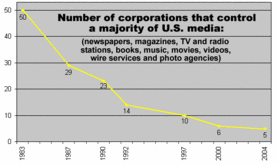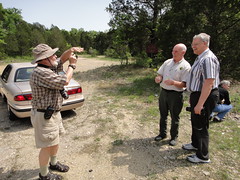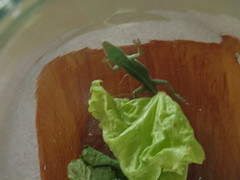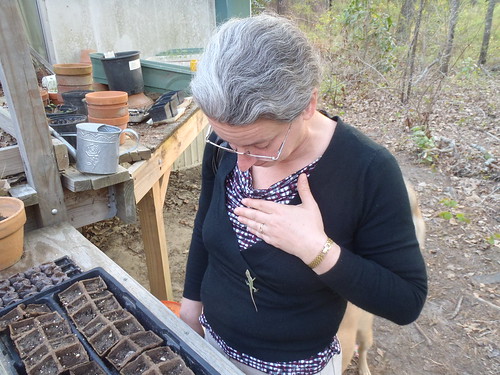Farmers markets are an integral part of the urban/farm linkage and have continued to rise in popularity, mostly due to the growing consumer interest in obtaining fresh products directly from the farm. Farmers markets allow consumers to have access to locally grown, farm fresh produce, enables farmers the opportunity to develop a personal relationship with their customers, and cultivate consumer loyalty with the farmers who grows the produce. Direct marketing of farm products through farmers markets continues to be an important sales outlet for agricultural producers nationwide. As of mid-2010, there were 6,132 farmers markets operating throughout the U.S. This is a 16 percent increase from 2009.USDA is updating their directory now.
-jsq

 What we do for excitement out here in the piney woods:
watch the electric meter run backwards.
What we do for excitement out here in the piney woods:
watch the electric meter run backwards.

















